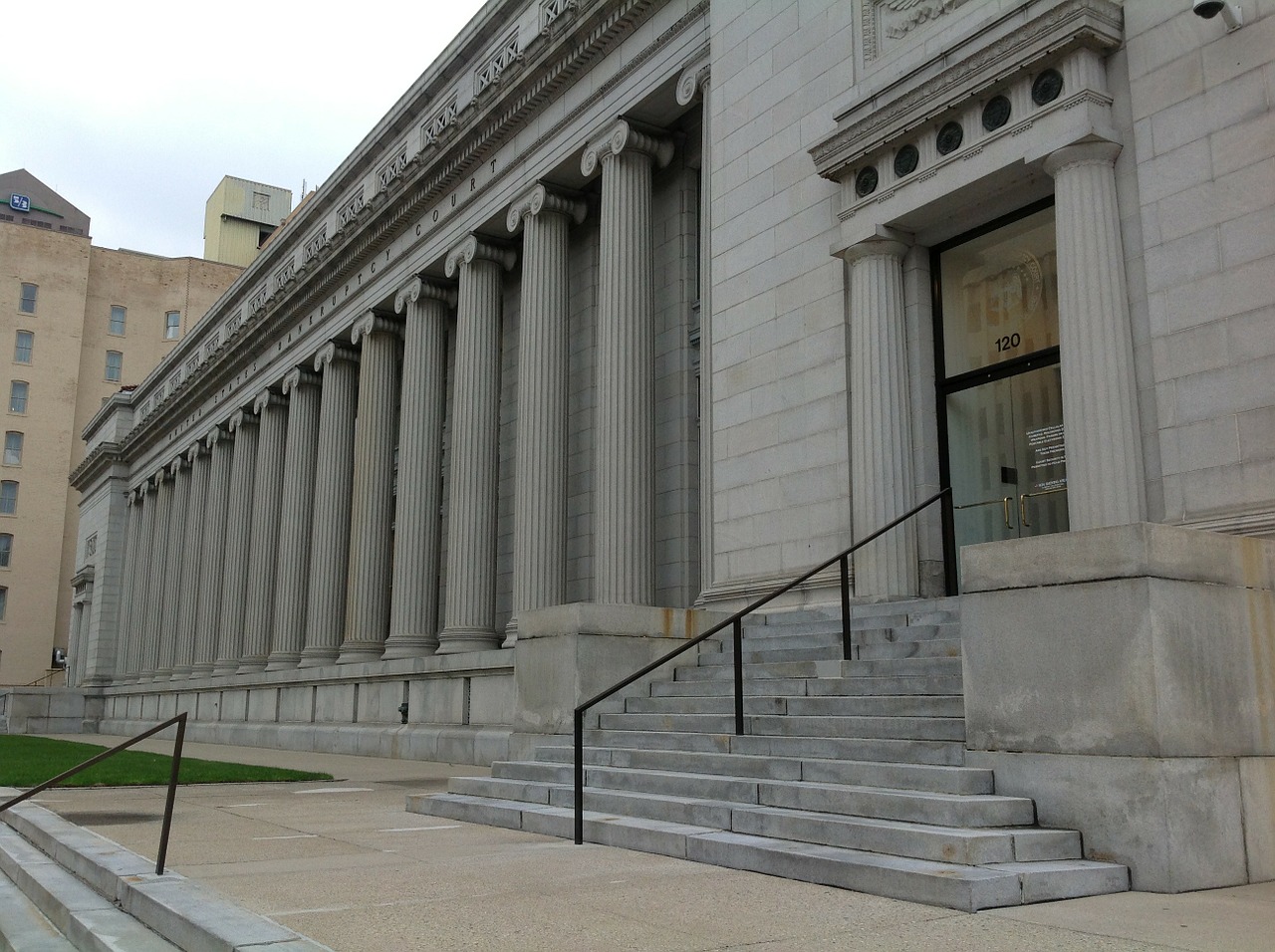The Mitzvah:
The Torah prohibits the act of homosexuality terming it an abomination (Leviticus 18:22)
The townsfolk of Sedom were outraged that Lot had invited guests into his home. They surrounded his house and demanded he surrender his visitors. Rather than permit the citizens to engage in “sodomy” (a phrase named after this town), Lot offered his unmarried daughters to the frenzied mob in lieu of his guests (Genesis 19:4-8).
In what is a sensitive, highly charged and politicized subject, the permissiveness of homosexuality in contemporary society is incompatible with the Torah which is unequivocal in its condemnation – not of the person but of the act itself.
Homosexuality may give the partners companionship and love. But the dimension where it utterly fails, spiritually, is to capture the paradigm of human relationships: that of man and woman.
The framework of marriage is what the Torah defines as natural: “Therefore a man shall leave his father and mother and cleave to his wife and they shall become one flesh” (Genesis 2:24). Indeed, homosexuality is considered an unnatural perversion of this ideal: where the offender acts “with a man as one lies with a woman” (Leviticus 18:22).
Regarding the formation of mankind, “in the image of G-d He created them; male and female He created them” (Genesis 1:27). It requires two distinct, separate beings to unify their attributes and forces to become one: as in Adam and Chava.
Actually, this template of two opposite forces is not reserved for mankind; it goes right to the heart of creation: “All that G-d created in His universe, male and female He created them” (Shabbos 157a, Pesachim 56a). Accordingly, the existence and interdependence of masculine and feminine forces within creation are, demonstrably, both essential.
Neither man nor a woman is complete by themselves. An unmarried person is no more than a partial, yet incomplete attainment of the Divine image of humanity. In the need to imitate G-d – as in mankind’s creation “in the image of G-d” -male and female must fuse their identities as one. Only where the different genders merge and their relationship framed within the setting of a Jewish marriage, can it be deemed special. And become sacrosanct.
A harmonious marriage has the capacity for holiness. Here G-dliness descends and rests within their relationship, filling the physical world with spirituality. It goes from natural to supernatural, to something higher and transcendental.
Homosexuality cannot achieve this holiness. Homosexuality cannot capture mankind’s unified “image of G-d” in the interaction of male and female. And as an offshoot of this, homosexuality impedes reproduction.
It is exclusively the male-female relationship wherein procreation is possible (although marital intimacy is not exclusively dependent upon the ability to procreate). Herein mankind is able to emulate G-d as a creator, in the creation of new life. In contrast, the homosexual act cannot result in any offspring. On the contrary, there is the waste of man’s seed.
Homosexuality unnaturally frustrates the ideal model of humanity – whether in the holiness of marriage where man and woman become one or undermining the forum for man’s seed to have the potential to reproduce.
What Judaism calls for, in the final analysis, is an acceptance that it is the divine Torah and not the changing views of our wider society that defines our morality. Text Copyright © 2006 by Rabbi Osher Chaim Levene and Torah.org.


